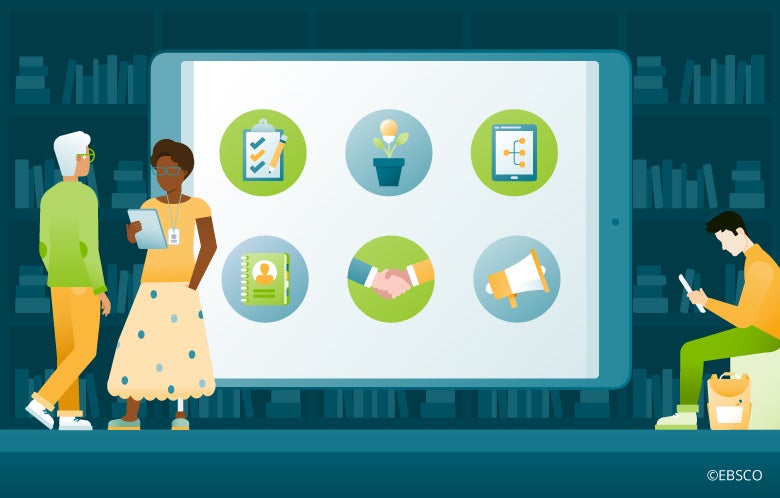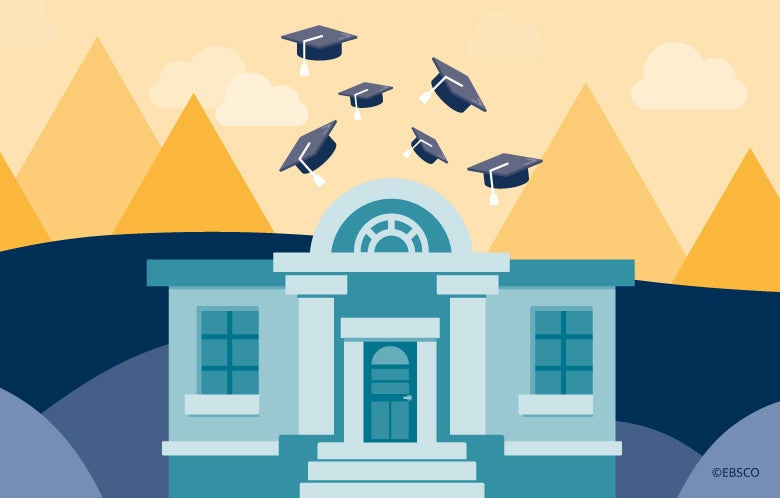Research shows that a lack of financial literacy is a growing problem in the United States. These are just a few of the alarming statistics: 63 percent of Americans live paycheck to paycheck; 32 percent of Americans lack enough savings to cover a $400 emergency; 14 million Americans have more than $10,000 in credit card debt; and two-thirds of all Americans can’t pass a basic financial literacy test.
Libraries can play an important role in increasing financial literacy in their communities. Here are some ways in which libraries can help individuals learn how to make informed financial decisions and achieve their personal finance goals:
- Offer financial literacy education programs: Libraries can offer personal finance education programs for different age groups. Audiences for these programs can range from teenagers who’ve started their first jobs to adults nearing retirement. Programs can cover a wide variety of topics such as budgeting, saving, investing and managing debt.
- Host workshops and seminars: Libraries can host workshops and seminars on personal finance topics. These can be conducted by financial experts or professionals from financial institutions.
- Provide access to financial resources: Libraries can provide access to both print and digital resources, including books, magazines and e-learning resources such as FinancialFit. Available to public libraries, high schools and academic libraries, FinancialFit offers short, easy-to-understand personal finance lessons, videos and interactive tools to help individuals to make smart, informed financial decisions ― no matter where they are in their personal finance journey. Topics include monthly budgeting, managing debt, building credit, paying for college, understanding taxes, setting long term financial goals and more.
- Collaborate with local organizations: Libraries can collaborate with local banks and organizations that offer financial literacy programs. This can help to expand the reach of financial literacy initiatives in the community.
- Partner with schools and colleges: Public libraries can partner with local schools and colleges to provide financial literacy programs for students. This can help to teach students important personal finance skills that they can use throughout their lives.
Whether they are in small towns or large cities, libraries can serve as a valuable resource for promoting financial literacy in their communities. By offering engaging programs, building a well-rounded collection of information resources and establishing partnerships, libraries can help to improve the financial literacy of their patrons and contribute to the economic well-being of their communities.


